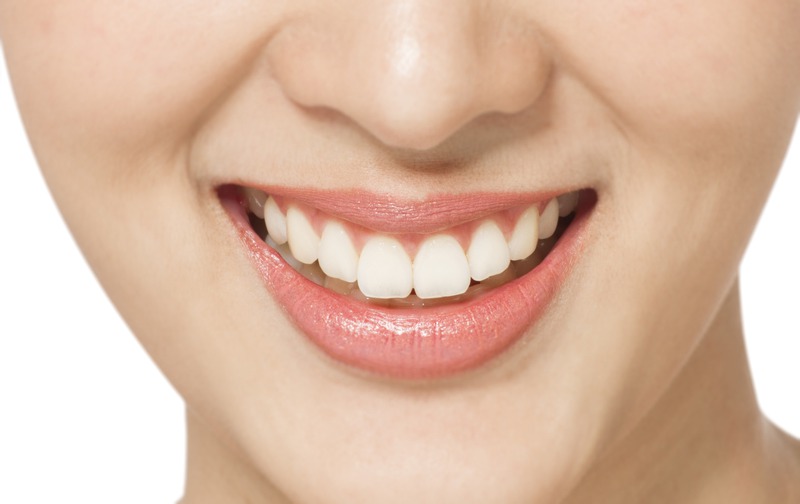Dental health is integral to our overall well-being, and identifying a cavity in its early stages can save you from discomfort and more invasive treatments down the road. To maintain a healthy smile, it’s crucial to recognize the signs of a cavity and seek help promptly. As common as cavities are, many still wonder how to detect their presence. Let’s explore the common symptoms, diagnostic methods, and steps to preserve your dental health.
Recognizing the Symptoms of a Cavity
Cavities, also known as dental caries or tooth decay, can often be identified by a range of symptoms. Not all cavities will display obvious signs, especially in their early stages, but here are some of the common indicators that may suggest you have a cavity:
-
Pain or Toothache: Unexpected or persistent tooth pain is often a warning sign of decay. This discomfort can range from mild to severe.
-
Sensitivity to Sweet, Hot, or Cold Foods and Drinks: If you notice a sharp twinge or lingering discomfort upon consuming certain foods or beverages, it could mean a cavity has exposed the sensitive layers of your tooth.
-
Visible Holes or Pits: Sometimes, cavities can be seen as actual holes or pits in the affected tooth, signaling the need for immediate care.
While these symptoms are indicators of possible cavities, it’s important to get a definitive diagnosis from a dental professional to ensure proper treatment.
Professional Diagnosis and Dental Visits
To confirm the presence of a cavity, a visit to your dental professional is necessary. During an examination, dentists use a combination of visual checks, dental instruments, and X-rays to assess the health of your teeth and identify any cavities. A professional dental examination is the only way to accurately diagnose and treat tooth decay.
The frequency of your dental visits will depend on your individual oral health needs. However, regular dental check-ups, typically recommended every six months, allow your dentist to monitor your dental health and catch potential issues early.
What Causes Cavities?
Understanding the causes of cavities can empower you to take preventive measures. Here are the primary factors contributing to tooth decay:
-
Plaque Buildup: This sticky film of bacteria forms on your teeth. When plaque breaks down sugar from food, it produces acids that can erode the tooth enamel.
-
Poor Oral Hygiene: Not brushing and flossing regularly allows plaque to attack the teeth and form cavities.
-
Dietary Choices: High consumption of sugary or acidic foods and drinks can increase the risk of cavities.
Maintaining good oral hygiene and a balanced diet can significantly reduce your risk of developing cavities. It’s also beneficial to incorporate fluoride treatments and dental sealants as preventive measures.
Prevention: Protecting Your Teeth From Decay
To prevent the onset of cavities, it’s important to maintain a consistent oral hygiene routine. Brushing twice a day with fluoride toothpaste, flossing daily, and using mouthwash can make a substantial difference in your oral health.
Aside from home care, professional dental cleanings and regular check-ups help preserve your dental health. Dental professionals can remove plaque and tartar that might otherwise contribute to cavities. Eating a balanced diet low in sugary snacks and drinks also supports a cavity-free mouth.
Dental Sealants and Fluoride Treatments
Consider asking your dentist about sealants and fluoride treatments. Sealants protect the chewing surfaces of your back teeth, while fluoride reinforces your tooth enamel, making it more resistant to decay.
Seeking Professional Care
If you suspect you have a cavity, it’s essential to seek immediate care. Untreated cavities can enlarge, causing more severe problems. In some cases, cavities can lead to infections or even tooth loss. An early visit to the dentist can save your teeth and keep the rest of your mouth healthy.
In situations where severe toothache, swelling, or trauma occurs, seeking emergency dental care in Houston is imperative. This quick response can prevent further damage and provide immediate relief. Some symptoms that may warrant emergency care include:
-
Severe pain that impedes daily activities
-
Swollen cheeks or gums indicating infection
-
Broken or knocked-out teeth due to injury
By addressing these issues promptly, you can avoid complications and preserve your oral health.
Exploring Holistic Dental Options
Some individuals prefer a more natural approach to dental care, which is where a visit to a holistic dentist in Houston, TX might be beneficial. Holistic dentistry considers your overall well-being in conjunction with oral health, using biocompatible materials and minimizing the use of toxic substances. Services provided by holistic dentists often include mercury-free fillings, treatment for bite problems, and nutritional counseling.
Advancements in Orthodontic Treatments
For those with misaligned teeth, modern orthodontics offer solutions like orthodontic aligners in Houston, TX. These clear, customizable aligners are an aesthetically pleasing alternative to traditional braces. Not only do they help straighten teeth, but properly aligned teeth are also less prone to decay as they are easier to clean.
Final Thoughts
Catching a cavity early can mean the difference between a simple filling and more extensive dental work. By being vigilant about your dental health and recognizing the signs of a cavity, you’re taking a proactive stance in maintaining a healthy, vibrant smile. If you notice any concerning symptoms, schedule a visit with your dentist right away. Remember, taking care of your teeth today ensures a brighter, healthier smile tomorrow.





